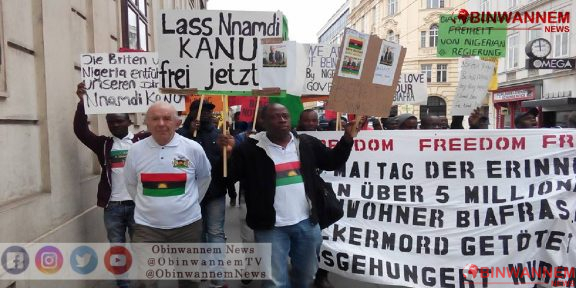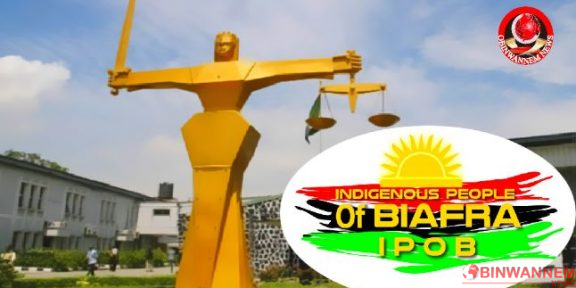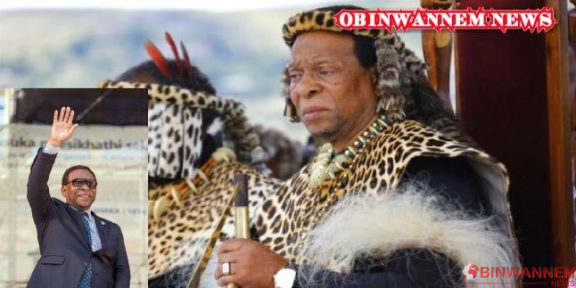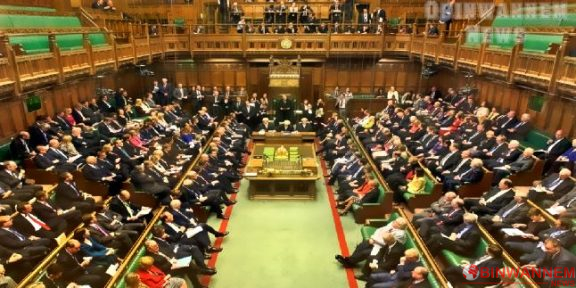In the ever-evolving landscape of Nigerian politics and governance, the issue of identity theft and certificate forgery has reared its head time and again. This article delves into the history of identity theft in Nigeria and, in particular, focuses on one of its most prominent figures, Bola Ahmed Tinubu. The question of who our leaders truly are is a fundamental one in any democratic society, and the recent scrutiny of Tinubu’s academic records serves as a reminder of the importance of transparency and accountability.
Identity Theft in Nigeria: A Century-Old Problem
Identity theft and certificate forgery in Nigeria date back to the colonial era when the value of certificates was emphasized by the colonial government. In the 1940s, Nigerians became infamous for their ingenuity in fabricating academic qualifications. One such case involved Prince Modupe, who used multiple false identities while living in the United States. His claims of graduating from prestigious institutions like the Jesuit College, Oxford, were debunked, highlighting the prevalence of identity fraud even in those early years.
At the political level, Dr. Okechukwu Ikejiani, a prominent member of the National Council of Nigerian Citizens (NCNC), was caught in a web of dubious claims about his academic achievements. Despite having a legitimate medical degree, his claim to a DSc. degree turned out to be false. These examples illustrate the long-standing problem of identity theft and certificate forgery in Nigerian society.
The Role of Certificates in Nigerian Society
The Nigerian misconception that certificates define an individual has contributed to the perpetuation of identity theft. Many of these fraudsters have occupied critical positions in various sectors, all while their fraudulent activities were known to many but rarely reported. This conspiracy of silence has enabled them to continue exploiting their concocted identities, often at the expense of the Nigerian people.
Karl Popper’s “Open Society and Its Enemies”
Austrian-British philosopher Karl Popper’s book, “Open Society and Its Enemies,” emphasizes the importance of asking critical questions about the identities of our leaders in a democracy. Popper defends the concept of an open society and criticizes those who seek to create a closed society. He argues that by failing to ask essential questions that promote free speech and good governance, society inadvertently supports the intellectual origins of totalitarianism.
Atiku Abubakar’s Quest for Transparency
In recent times, Atiku Abubakar, a prominent Nigerian politician, approached an American court to request that the Chicago State University release details of Bola Ahmed Tinubu’s academic records. This move aligns with Popper’s idea of an open society, where transparency and accountability are paramount. Abubakar’s courageous effort to seek the truth serves to strengthen Nigeria’s democracy by demanding transparency from its leaders.
The Ominous Warning of “Ogede nbaje…”
The Yoruba saying, “Ogede nbaje…,” warns of impending disaster when individuals excuse or rationalize evil. It highlights the danger of equating the luxuriant beauty of today with an enduring pride in the future. In 1999, the Nigerian press played a vital role in exposing identity theft and certificate forgery, which led to the downfall of prominent politicians like Salisu Buhari. However, over time, some individuals who once denounced such acts have become complacent or compromised.
The Current State of Nigerian Media
The Nigerian press, which once served as a beacon of investigative journalism, now faces questions about its integrity. The recent Chicago saga involving Tinubu’s alleged certificate forgery highlights the media’s diminished role in exposing corruption and holding leaders accountable. Young journalists like David Hundeyin represent a new generation of individuals willing to confront these issues head-on.
Conclusion: The Urgent Need for Accountability
In conclusion, the history of identity theft and certificate forgery in Nigeria is a long and complex one. Recent events surrounding Bola Ahmed Tinubu’s academic records serve as a stark reminder of the importance of transparency, accountability, and the need to address this pervasive issue. To preserve the integrity of Nigeria’s democracy, it is essential that leaders and institutions are held to the highest standards of honesty and authenticity. Only then can the nation move forward with confidence in its leadership and a commitment to the principles of an open society.

















